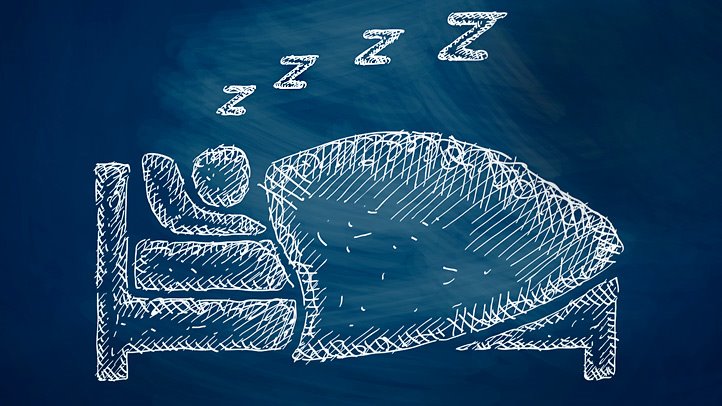The link between sleep, memory and mental performance is clear. Study shows those who had poor sleep had poorer mental performance.
Many people swear that they can get by on very little sleep but the experts agree that the ideal amount is seven to nine hours per night. It’s not only the number that makes the sleep poor, but the quality of the sleep also matters. For example, some people may sleep long enough but are not spending enough time in the REM (Rapid Eye Movement) stage. They not only wake up unrefreshed and groggy, they are also at higher risk for Alzheimer’s disease.
HEALTHY SLEEP DURATION – Below image shows the sleeping hours recommended for different age groups.

How memories consolidate during Sleep
When you have a good and sound sleep, you wake up energized and refreshed. Sometimes you even wake up with a solution to the problem, you were working the day before. This is because your brain is extremely busy when you were asleep.
Your brain has its own lymphatic system called the glymphatic system. When a body is sleeping, it works clear away the toxins which are known to accumulate in the brains of Alzheimer’s patients. During the sleep your brain also repairs the brain cells and reorganize itself.
And reorganization plays a vital role in memory consolidation.
Creation of memories occurs through a three-step process:
(1) Acquisition – It is the information we take in while actively trying to learn or remember something.
(2) Consolidation – Memory consolidation occurs during waking and sleeping hours.
(3) Recall – Recall refers to the ability to access a memory after it has been stored.
So, research shows that one of the best ways to form new memories is to literally sleep on it.
The benefits of sleep
- Stronger memory
- Reduction in depression
- Good and longer attention span
- Increased mental performance
- Healthier weight
- Improved brain & heart health
- Improved happiness
- Improved patience
Some of the really terrible disadvantages of poor sleep
- Likely to be impatient, angry, unfocused and irritable
- Poor mental performance as much as being drunk
- Can’t expect to recall a memory
- Severe insomnia is one of the first signs of dementia
The Bottom Line
When it comes to a good brain health, amount of quality sleep is not an optional health habit. Getting less than 7-9 hours of sleep per night will negatively affect not only your memory and cognitive performance. Lack of sleep may even contribute to serious memory loss problems such as that experienced by those with Alzheimer’s.







